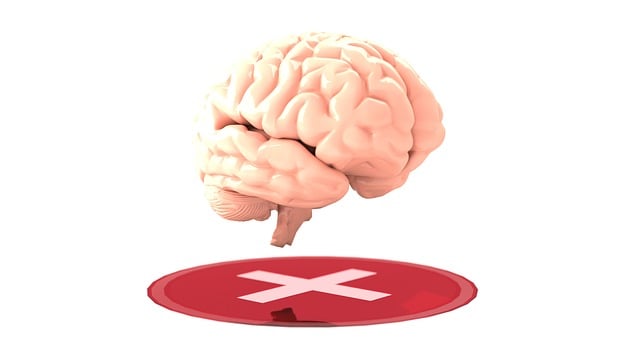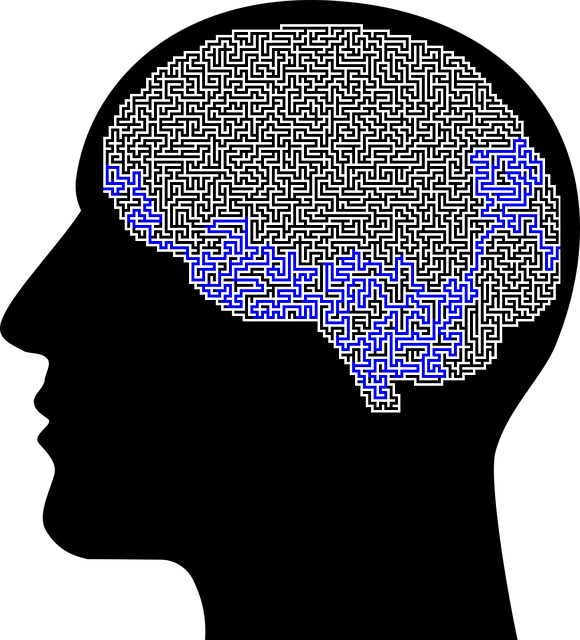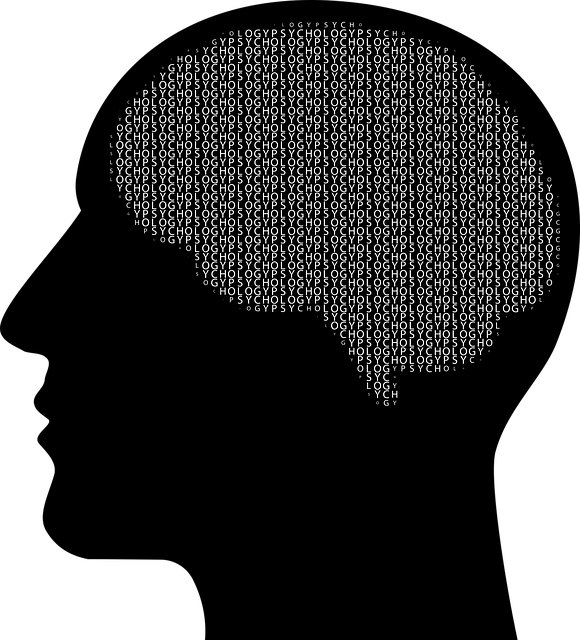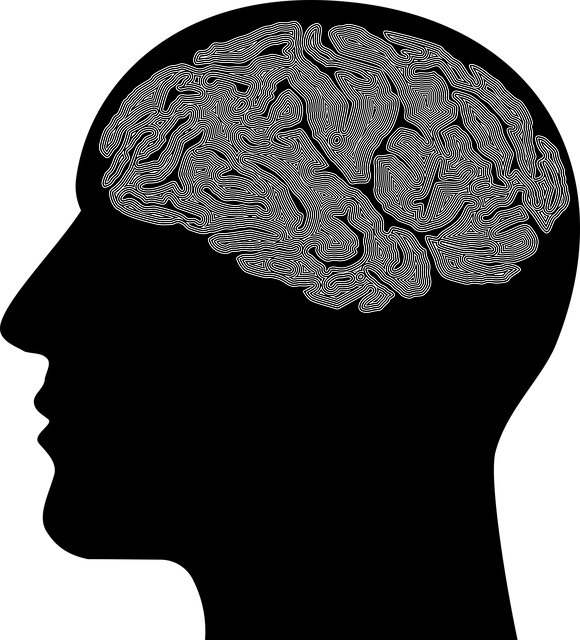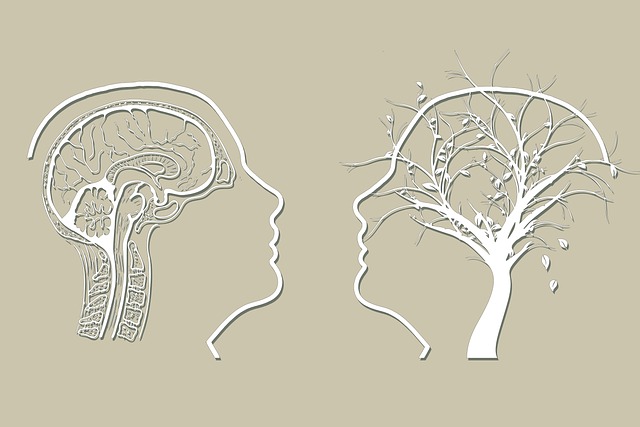Broomfield Cognitive Processing Therapy (BCPT) utilizes journaling as a structured tool to combat anxiety and depression by identifying and challenging negative thought patterns through mindfulness meditation and rational reframing. By tracking thoughts, emotions, and behaviors in a dedicated journal, individuals gain insights into cognitive distortions, fostering positive thinking and optimism. Incorporating BCPT techniques like thought recording, risk management planning, and introspective writing prompts enhances cognitive restructuring and self-awareness, supporting trauma processing, self-esteem improvement, and cultural sensitivity in mental healthcare.
“Unwind your mind’s intricate pathways with Mental Wellness Journaling, a practice rooted in Broomfield Cognitive Processing Therapy (BCPT). This therapeutic approach equips individuals with powerful tools to navigate and understand their thoughts. Through this article, we explore how BCPT forms the backbone of effective journaling exercises, fostering self-reflection and personal growth. Discover practical techniques for creating your journal, utilizing prompts to delve into cognitive processes, and unlock the potential for profound transformation.”
- Understanding Broomfield Cognitive Processing Therapy (BCPT): A Foundation for Mental Wellness Journaling
- Creating Your Journal: Tools and Techniques to Support BCPT
- Implementing Journaling Prompts: Cultivating Self-Reflection and Growth through BCPT
Understanding Broomfield Cognitive Processing Therapy (BCPT): A Foundation for Mental Wellness Journaling

Broomfield Cognitive Processing Therapy (BCPT) offers a structured framework for individuals looking to enhance their mental wellness through journaling. This therapy focuses on identifying and challenging negative thought patterns, which are often at the root of various psychological difficulties, including anxiety and depression. By understanding these cognitive processes, individuals can begin to transform their thinking, fostering more positive and realistic perspectives.
Journaling becomes a powerful tool within BCPT, allowing people to track their thoughts, emotions, and behaviors over time. It encourages mindfulness meditation practices, where one observes their thoughts without judgment, helping to break down rigid belief systems. Through this process, individuals can gain insights into their cognitive distortions, leading to effective anxiety relief and the cultivation of positive thinking.
Creating Your Journal: Tools and Techniques to Support BCPT

Creating your journal is a powerful way to support Broomfield Cognitive Processing Therapy (BCPT). Start by selecting tools that align with Mind Over Matter principles, such as a dedicated notebook or digital app designed for therapy. Incorporate techniques like thought recording, where you document negative thoughts and then reframe them rationally, to reinforce cognitive restructuring—a core element of BCPT.
Additionally, consider including risk management planning strategies in your journal. This involves setting aside space for identifying triggers, monitoring emotions, and developing coping mechanisms. Regularly reviewing and updating these plans through mental wellness coaching programs can enhance your ability to manage challenges effectively. Remember, a well-structured journal becomes a valuable ally in your therapy journey, empowering you to take charge of your mental health.
Implementing Journaling Prompts: Cultivating Self-Reflection and Growth through BCPT

Implementing Journaling Prompts: Cultivating Self-Reflection and Growth through BCPT
Incorporating Broomfield Cognitive Processing Therapy (BCPT) techniques into your mental wellness journaling practice can profoundly enhance self-reflection and personal growth. BCPT encourages individuals to challenge negative thought patterns and replace them with more adaptive, realistic perspectives—a process that journaling prompts naturally support. By setting aside dedicated time for introspective writing, you create a safe space to explore and record your thoughts, feelings, and experiences without judgment. Journaling prompts act as guided conversations, inviting you to delve into specific topics related to your emotional well-being, past traumas, or aspirations for self-improvement.
Through regular practice, these prompts can help identify recurring cognitive distortions, foster better understanding of personal triggers, and promote positive changes in mindset. Moreover, the act of articulating thoughts on paper enhances self-awareness, enabling you to recognize and challenge negative thought cycles more effectively. This process, grounded in BCPT principles, complements Trauma Support Services by providing a therapeutic outlet for processing difficult experiences. Additionally, it contributes to Self-Esteem Improvement by encouraging individuals to acknowledge their strengths and progress while cultivating Cultural Sensitivity in Mental Healthcare Practice through introspective exploration of personal biases and perspectives.
Mental wellness journaling, guided by Broomfield Cognitive Processing Therapy (BCPT), offers a powerful tool for self-reflection and growth. By creating a journal that incorporates BCPT techniques, individuals can navigate their thoughts and emotions more effectively, fostering improved mental health. Implementing journaling prompts tailored to this therapy allows one to cultivate deeper insights, enhance cognitive processing, and ultimately, promote overall well-being. This simple yet profound practice has the potential to revolutionize personal growth and be a game-changer in managing mental health.

